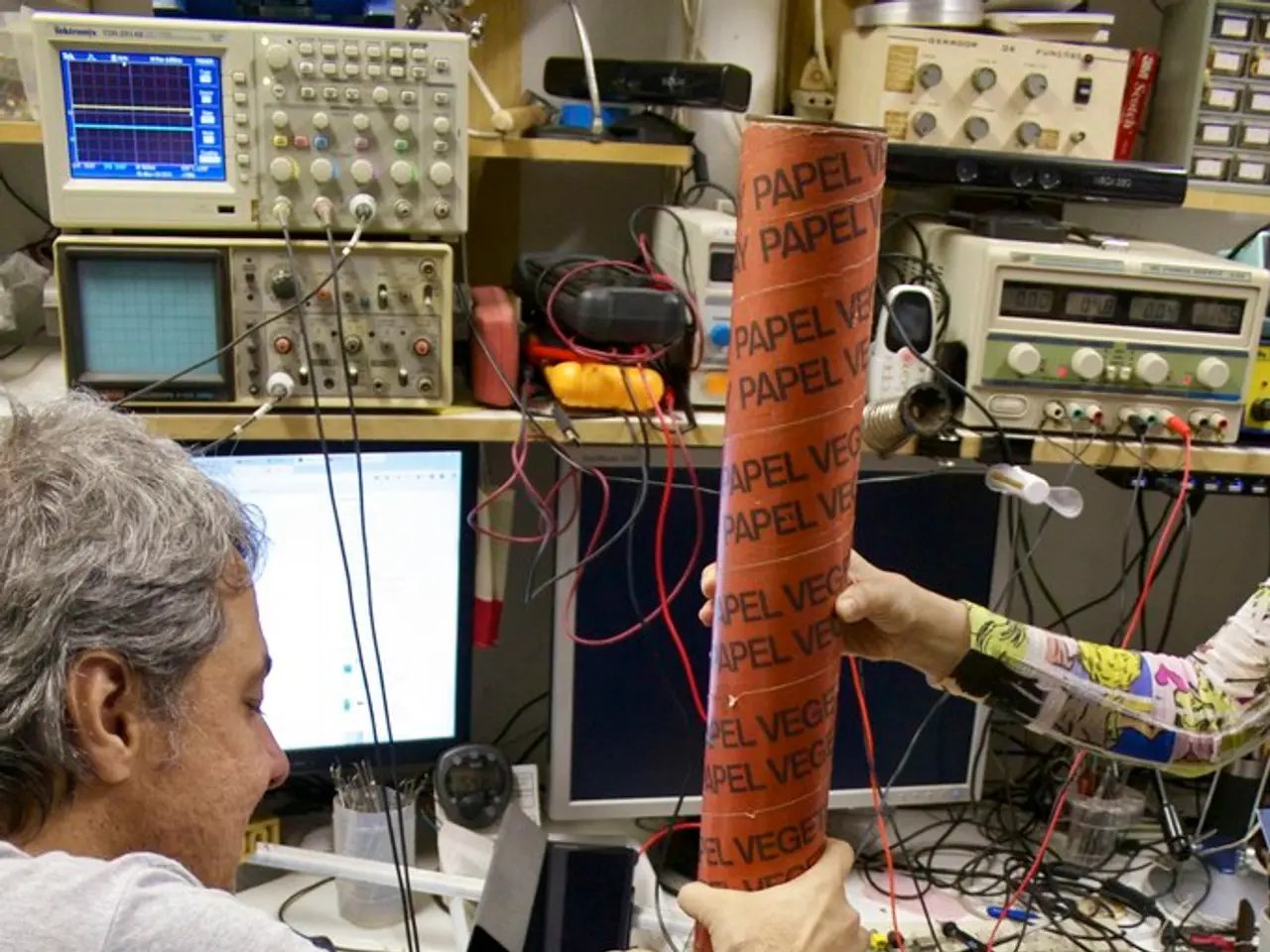Unparalleled Blunders of the 21st Century (Thus Far)
In the ever-evolving world of technology and consumer trends, some innovations capture the public's imagination while others fail to deliver on their initial promises. Here's an overview of the status of several notable developments from the early 21st century, as of mid-2025.
The Metaverse The metaverse, a digital world where users can own digital assets, engage socially, and participate in gaming and commerce experiences, has grown in popularity. Platforms such as Decentraland and The Sandbox have shown real economic activity, with virtual real estate sales surpassing $1 billion. The market is expanding beyond entertainment into enterprise applications, with expected rapid growth in digital asset marketplaces, estimated to be a $325 billion opportunity by 2030. However, mainstream acceptance is still mixed, and regulatory frameworks are emerging to ensure safety and transparency.
Hyperloop Despite being proposed by Elon Musk, hyperloop technology, which involves propelling people and cargo through a near-vacuum at high speeds, remains in experimental and developmental stages globally. No wide commercial deployment has been realized by 2025.
Fingerstick Blood Testing for Cancer Research in minimally invasive cancer biomarker testing continues, but it is not yet standard clinical practice.
3D-Printed Guns Legislation and technical challenges continue to influence this field, with 3D-printed guns remaining controversial due to legal and safety concerns.
The Like Button The like button remains a fundamental feature on social media platforms, continually evolving in form and function but deeply embedded in user interactions.
Microbeads Historically, microbeads used in cosmetics and personal care were banned or heavily restricted due to environmental concerns, and alternatives have been adopted.
Segway Commercial and personal use of Segway transporters has declined since its peak, with companies shifting focus or discontinuing some product lines.
Overprescribing Opioids Ongoing efforts to curb opioid abuse via regulatory policies and alternative pain treatments continue, with overprescribing opioids remaining a recognized public health issue.
NFT Art NFT art remains an integral part of digital asset markets, with growth in trading and digital ownership. Demand for NFTs continues with evolving applications beyond art, including gaming and virtual real estate.
Loot Boxes Loot boxes in gaming remain controversial due to gambling concerns, leading to ongoing regulatory scrutiny in various jurisdictions.
Google Glass Google Glass transitioned from consumer product to enterprise-focused wearable, mainly serving niche industrial and professional markets.
Health Halo Food Labels The phenomenon where products with certain "healthy" labels are perceived as healthier than they are continues to be studied within nutrition science and consumer behavior.
Power Posing Earlier claims about its significant effects have been largely challenged and are considered less robust by current psychology research.
Mars One The Mars One project, a private Mars colonization initiative, ceased operations years ago and is no longer active as of 2025.
Facebook Running Experiments on Users It remains well-known that Facebook (Meta) has conducted user experiments and A/B testing to optimize engagement, often drawing ethical scrutiny.
Overpromises In technology sectors including the metaverse and AI, overpromises remain a risk as many undertakings are in early or experimental stages with uncertain timelines and outcomes.
Geoengineering Geoengineering remains a controversial field explored mostly at experimental stages for climate intervention, with strong debate about risks and governance.
For more in-depth updates on specific topics, please let me know, and I can provide additional information or indicate where gaps exist.
- The metaverse has witnessed a significant surge in popularity, with platforms like Decentraland and The Sandbox showcasing real economic activity, surpassing $1 billion in virtual real estate sales.
- Amid the growing metaverse market, enterprise applications are now expanding beyond entertainment, aiming for rapid growth in digital asset marketplaces, estimated to be a $325 billion opportunity by 2030.
- Simultaneously, mainstream acceptance of the metaverse is still mixed, and regulatory frameworks are emerging to ensure safety and transparency in digital transactions and virtual assets.
- Hyperloop technology, proposed by Elon Musk, remains in experimental and developmental stages globally, with no wide commercial deployment realized by 2025.
- Research continues in the field of minimally invasive cancer biomarker testing, but it is not yet standard clinical practice, raising questions about its future role in diagnostic procedures.
- The controversy surrounding 3D-printed guns continues due to legal and safety concerns, as legislation and technical challenges persist within the industry.
- The like button, a fundamental feature on social media platforms, undergoes continuous evolution in form and function, maintaining its relevance in user interactions.
- Environmental concerns led to the banning or heavy regulation of microbeads in cosmetics and personal care products, with eco-friendly alternatives quickly gaining traction.
- Segway transporters have seen a decline in commercial and personal use since their peak, with some companies shifting focus or discontinuing certain product lines.
- Efforts to curb opioid abuse continue through regulatory policies and alternative pain treatments, as overprescribing opioids remains a recognized public health issue.
- NFT art has become a vital component of digital asset markets, with growth in trading and digital ownership, and its demand continues with evolving applications beyond art into gaming and virtual real estate.
- Loot boxes in gaming remain a subject of controversy due to gambling concerns, facing regulatory scrutiny in various jurisdictions worldwide. The future of these gaming elements remains uncertain.




